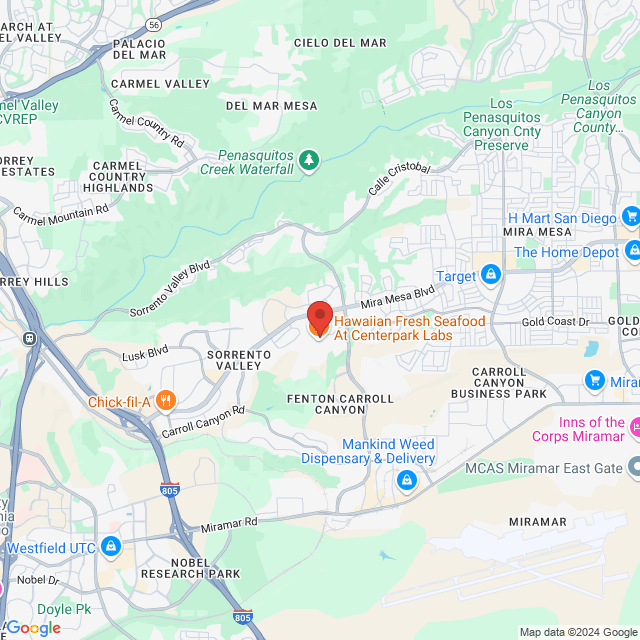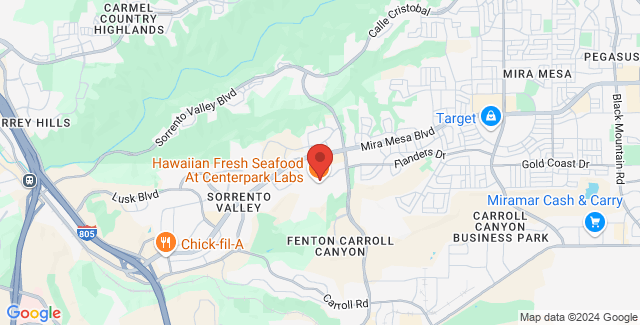Credit Suisse First Boston
Credit Suisse First Boston (CSFB) is an investment banking unit of Credit Suisse Group, a financial services company that operates worldwide. During the rise and fall of the telecom industry, CSFB became highly decentralized and lost a firm hold on its spending. The company and its lead technology banker, Frank Quattrone, came under investigation in a number of federal probes regarding IPO allocation practices and research analysis. In a response to the precarious standing of the company, Lukas Muhlemann, Chairman of Credit Suisse Group, brought John Mack aboard as CEO. When asked what had motivated Credit Suisse Group to replace Allen Wheat (the former CEO) with Mack, a former president of Morgan Stanley, Muhlemann focused on how Mack had a team building approach that would bring the divisions of the company together into a "cohesive whole."
Gary Lynch and Frank Quattrone
John Mack started at CSFB in July of 2001 and began hiring advisors within months. One of the experts John Mack hired was Gary Lynch. Lynch had been head of the Enforcement Division of the SEC between 1985 and 1989, and a partner for Davis Polk & Wardwell until August of 2001 - when he was hired on as CSFB's Global General Counsel. In a press release, Mack cited Lynch's "impeccable reputation for complete integrity and credibility," along with his extensive experience with regulatory matters, as reasons for his being hired.
When Frank Quattrone, CSFB's top technology banker, first faced federal investigations (2001), Lynch performed an internal inquiry and concluded that Quattrone had done nothing wrong. The decision to keep Quattrone at CSFB came as a surprise to many who had assumed he would be removed. Lynch maintained that there was no evidence of wrongdoing until January 31, 2003, when new email records were uncovered by CSFB. Quattrone was temporarily suspended from CSFB two days later. Lynch personally informed regulators of the suspension and told them that CSFB would cooperate with any necessary investigations.
On March 6, 2003, the National Association of Securities Dealers (NASD) filed two suits against Quattrone. The first of the two lawsuits charged Quattrone for failing to testify regarding an email he had written in December of 2000 (see "Timeline of Events"). The second suit accused Quattrone of 'spinning' IPO stocks and "creating and overseeing a flawed organizational structure that undermined research analyst objectivity." On April 23, 2003 criminal "obstruction of justice" charges were levied against Quattrone in a federal complaint: "Frank Quattrone...endeavored to influence, obstruct, and impede, the due administration of justice...the defendant directed the officers and employees of Credit Suisse First Boston Corporation ("CSFB") to destroy evidence required to be produced pursuant to a federal Grand Jury subpoena." Quattrone was arrested briefly and required to relinquish his passport. A preliminary hearing has been scheduled for May 13, 2003.
Timeline of Events
The new evidence revealed that Quattrone knew the SEC was preparing to investigate CSFB when he sent out an email supporting a request that employees delete documents that could be used in lawsuits against the company. The following timeline traces the correspondence:
December 3, 2000 - David Brodsky, CSFB's general counsel at the time, emailed Quattrone to inform him that CSFB was coming under investigation by federal regulators and a federal grand jury (NY) for its IPO allocation practices.
December 4, 2000 - Richard Char, a CSFB lawyer, sent out an email advising employees in the technology investment banking department to "clean up" their email and other records:
"Time to clean up those files," the subject header read.
The email continued as follows:
"...[C]atch up on file cleanup...With the recent tumble in stock prices, and many deals now trading below issue price, the securities litigation bar is expected to [make] an all-out assault on broken tech IPOs....In the spirit of the end of the year (and the slowdown in corporate finance work), we want to remind you of the CSFB document-retention policy...no notes, no drafts, no valuation analysis, no copies of the road show, no mark-ups, no selling memos...no internal memos....Note that if a lawsuit is instituted, our normal document-retention policy is suspended and any cleaning of the files is prohibited under the CSFB guidelines (since it constitutes a destruction of evidence)."
December 5, 2000 - Frank Quattrone supported Char in a 'forward' message, stating:
"Having been a key witness in a securities litigation case in south Texas, I strongly advise you to follow these procedures."
December 7, 2000 - Officials within the firm, acting in accordance with the earlier notification from Brodsky, sent a notice that adjusted the 'cleanup email' instructions:
"[The directions] should not be followed with respect to any documents relating to IPOs in which CSFB served as an underwriter, adviser, lead manager or co-manager during the period January 1, 1999 through November 21, 2000. Do not destroy any IPO related documents."
Quattrone's Accounts at CSFB
Quattrone's team handled accounts for over 300 clients, each of whom were allegedly designated to receive IPO shares in return for swaying their company's investment banking toward CSFB. These clients were labeled "Friends of Frank" within CSFB. The "flawed organizational structure" that Quattrone was accused of creating was problematic for various reasons. First, Quattrone acted as a supervisor for brokers, research analysts, and investment bankers in CSFB's Tech Group. This advisory position evidently compromised the Tech Group's ability to separate its research analysis from the influence of investment banking. Second, compensation for research analysts was based on investment banking revenue. The higher ratings they gave, the more business would come in; this additional business would result in higher employee compensation. Third, bankers took part in the performance reviews of analysts. And finally, analysts were allegedly required to present proposed favorable ratings and research to potential investment banking clients.
What is the Current Status?
In January of 2002 CSFB paid a $100 million settlement to the NASD and SEC over its IPO allocation practices. Investigations against CSFB began in May of 2000, and focused on the period between April of 1999 and June of 2000, during which "profit sharing" on IPOs had been prevalent throughout the firm.
In April of 2003 CSFB agreed to pay a separate securities fraud settlement of $200 million to end an investigation by the SEC and other stock market regulators. CSFB was one of ten firms that was charged and penalized. The April 28, 2003 SEC press release reads: "CSFB...issued fraudulent research reports in violation of Section 15(c) of the Securities Exchange Act of 1934." The research reports, the press release continues, "were not based on principles of fair dealing and good faith and did not provide a sound basis for evaluating facts." The press release also makes note of CSFB's practice of "spinning" IPO shares.
Quattrone was suspended on February 2, 2003, and he voluntarily removed himself from CSFB on March 4, 2003. Three complaints were filed against him between March 6, 2003, and April 23, 2003. Quattrone has yet to face trial
Restoring Confidence in CSFB
John Mack's reforms have centered on a commitment to running business ethically. In a change from the 'do what it takes to get the deal' mentality, Mack has asserted the importance of ethics in business. In a recent interview with Business Week he stated, "Ethical is 'I'll wait and do what's right even in the hardest times, and even if I have to give up gains to do it.'" His aim has been to place honesty and service to clients over profits. To regain financial stability for CSFB, Mack cut out excess spending, dropping salaries and cutting payroll. He downsized the company by 3,000 employees and cut the salaries of some of the company's top employees by 25 percent. The new CEO took a pay cut with his staff, as did Frank Quattrone. In addition to trimming superfluous personnel costs, Mack halted the company's practice of hosting gala client events (that cost nearly $200,000 each), and ended the $10 million in annual leases the company held on Mercedes Benzes and BMWs (for its 500 directing managers). Mack's team of advisors has been organized and trained to ensure that CSFB operates in accordance with SEC and NASD standards in the future.
Contact Impact Law
Please contact Impact Law to learn more about the Credit Suisse First Boston lawsuit.




